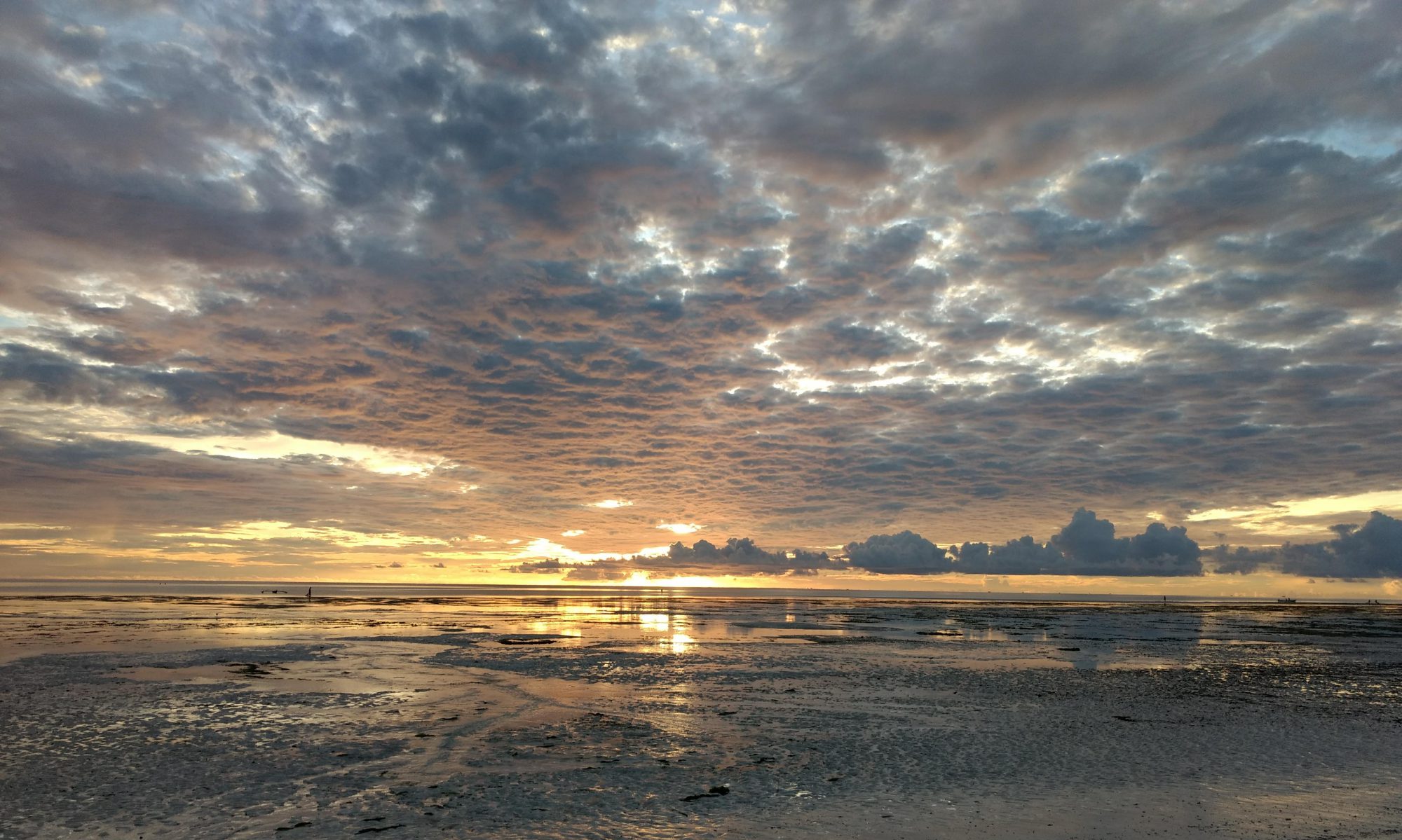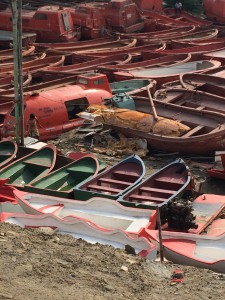Nicaragua have like many other Latin American countries survived on agriculture and they still do to a certain point. A lot of the land have been bought up by big foreign exploiters who own the land, let the Nicaraguans cultivate it, pays a small fee for the products, exports them to Europe or the United States and earn a lot more than they paid the farmer in the first step of the exportation. This is not a new phenomenon this is how it works in many parts of the food industry. When you buy that Pineapple at ICA from Costa Rica or Nicaragua for 10:- and think “wow that is so cheap so nice!”, think about how many hands it has passed on the way and that if you pay only 10:- for that juicy fruit, what did the farmer get?
Last year I did a tiny field study here in Nicaragua interviewing independent farmers who refused to give up their land and they told me about the struggles they face when trying to stay away from the big companies. When selling your land to a big co-operation they also own the product produced on the land. The independent farmers they own their land since generations back and they also own the products. To be safer and always have a product many independent farmers cultivate many different fruits instead of just one. This is not only good for them but also for the nature and the soil with changing crops that doesn´t drain it from nutrition. In one single farm you can find papaya, mango, squash, avocado, banana, peanuts, potatoes, tomatoes, carrot, onion and all kind of melons you can think of and lots more. Even if the many products reduce the opportunity to have large amounts they still secure themselves of having products all through the year since they all have different seasons. Sometimes the farmers can sell fruits to the foreign exporters when there is a big cry for something on the other side of the lake (Europe), one year it´s avocado, the next one it is mango but most of the products they sell on the local markets to the local people (or to me). It is always uncertain to be a farmer;
“Some years the rainy season will not come in time, not stop or not come at all. We are always dependent on the weather of course and if it is not on our side we stand without an income and can´t support our family” – Field notes April 2015.
When this happens they take loans from banks who are specialized on farmers and agriculture. When I asked how big the loans could be they told me BIG and told me amounts from 200-400$ (1800-3200:- ) that will take them years to pay back or they can negotiate about the land that they own with the bank. That seemed to be the biggest fear for many farmers, to lose their land that they often have owned for generations.
Pesticides I was told are not used if they really don´t have to. First of all they are expensive but foremost it is not good for the soil, fruit or us. This really surprised me actually. If these farmers on the countryside of Nicaragua gets it why doesn´t even the most well educated ones does? But the big companies do use the and it goes down in the groundwater and pollute the water that the farmers use for watering and drinking. That is another big problem in the region but maybe I will tell you about that another time.
So I thought I would just write about the amazing food that they here but now you got some background story as well. What I wanted to show with this is the importance of buying local and ecological! It may be a bit more expensive, but hey you can afford it and I you can´t well don´t buy it at all then. I can tell you that the fruits here are heavenly juicy, fresh and they get bad within a day or 2 if you don’t eat them, isn´t that incredible?! The avocados are as big as melons and the melons are as big as well what is bigger than a melon? And the first time I saw a REAL passionfruit big, round and smooth as an orange I thought to myself “well in Sweden we don´t have real fruit…it´s something else!”.
All in all I eat a lot of fruits, vegetables and beans…ohh I forgot to write about beans. Well you eat beans 3 times a day and they are gooood! They are good for your heart and they make you fart as a tipsy man once told me.
Every time I go to the market I know that the fruits come from local farmers who deserve every Cordoba that I pay for that banana or mango and I am more than happy to pay it. Do you know where your food comes from? I am not trying to judge anyone just remind you to think about it at home from time to time. It is a global market that we live in but don´t forget the local one 🙂
(Pictures of the great fruits are coming in a near future)
Take care everyone!






